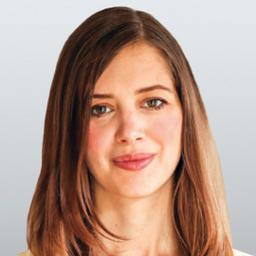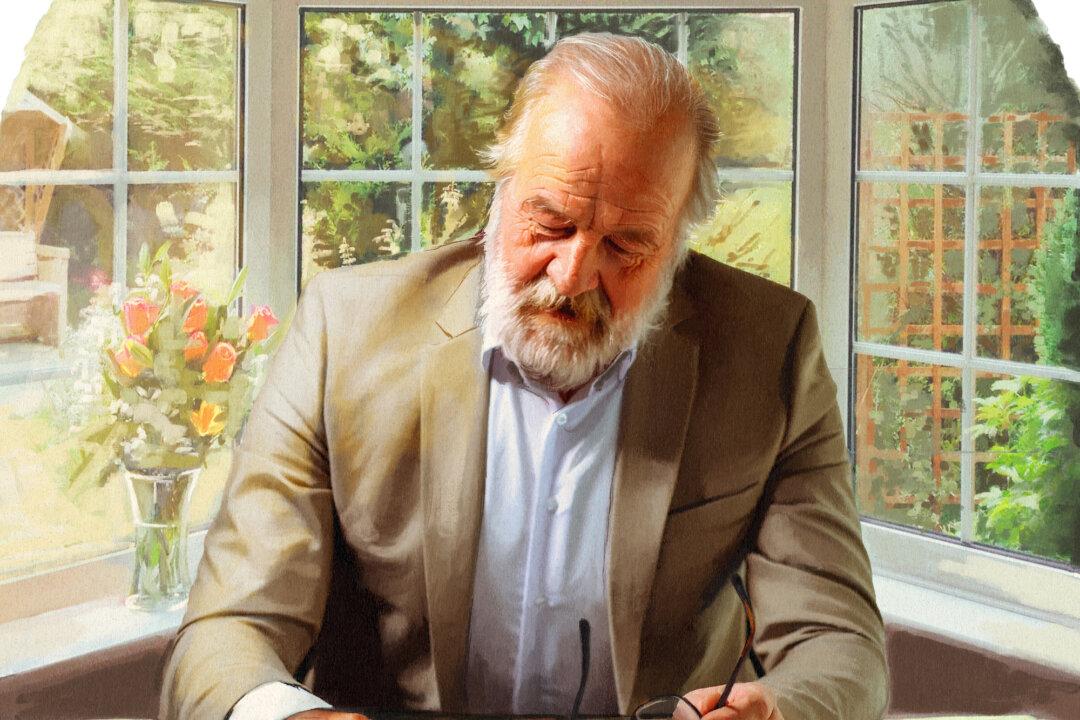Several months ago, I was walking with my three young children in Manhattan when a well-dressed man stopped and, in a brief conversation, entreated me to enjoy them. His son—a teenager—was out of control, it seems, on social media and in life. This encounter renewed my resolve to understand better what I can do as a parent to avoid this outcome. I’ve written previously that there’s much in today’s culture that’s attractive but not good for our children, and as parents, we need to be on guard. However, we can’t shield them forever, so we need to instill in them the wherewithal to resist temptation.
It’s my observation that human behavior is motivated by necessity, emotion, habit, or principles. As newborn babies, we naturally act out of necessity, to relieve hunger, cold, and discomfort. Then, as the child grows, emotional factors start to rule behavior. What the child likes or wants becomes a preoccupation. And perhaps you have observed what happens when a child’s myriad desires are too often gratified: You end up with a selfish young tyrant.




